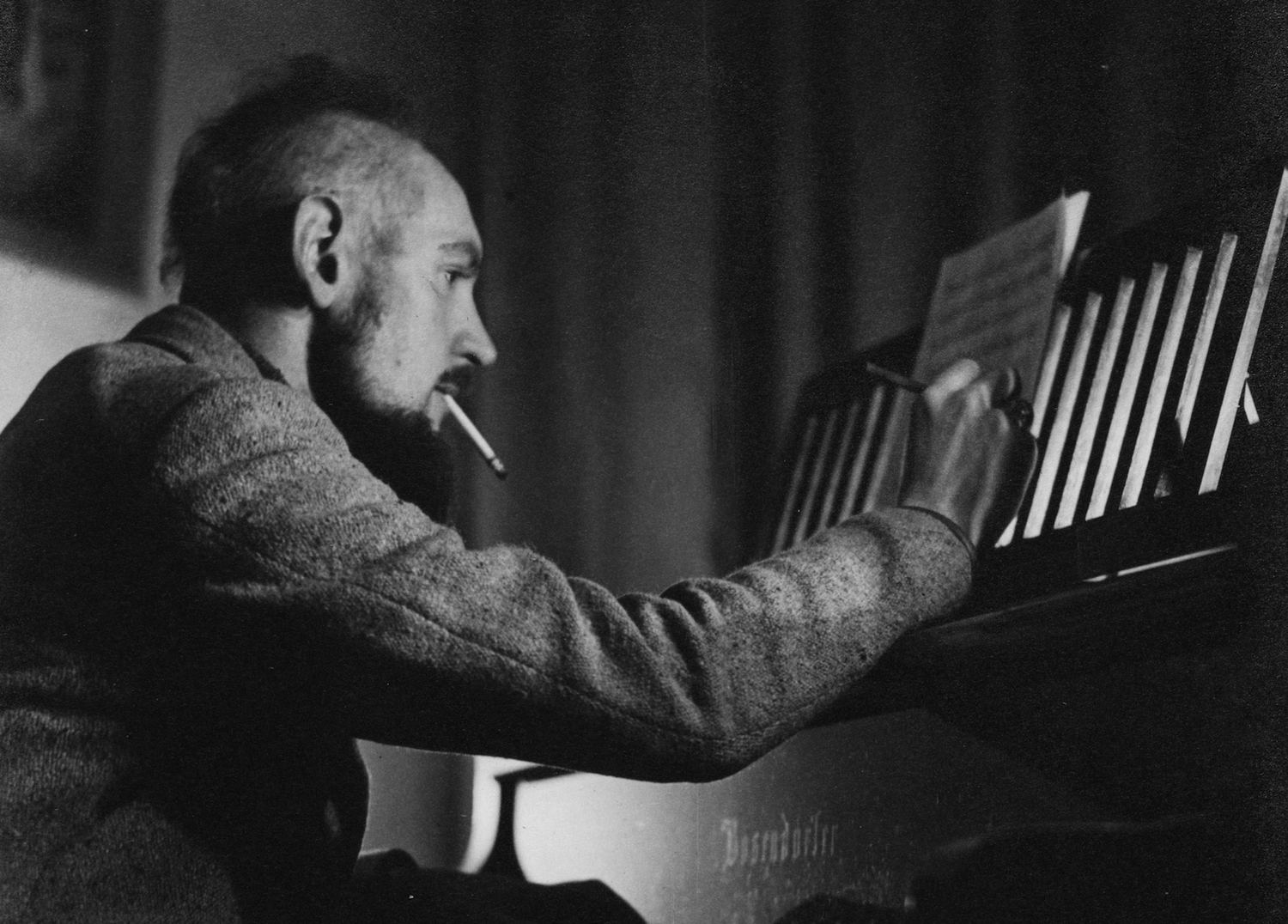
Seeing those that have trusted them in the past makes it easier for them to trust you with their project. Hence the most important attribute is for a client to trust the composer. TV, Videogame and film productions are incredibly expensive undertakings created by huge teams under often very tight deadlines and budgets. Hence why a composer’s back catalogue of work and experience will always be more useful than qualifications. Hence why those commissioning composers have a very hard time discerning between those with a good track record and those just wanting to have a go. WAY too many people wanting to do this job than there are viable working opportunities. The more you have done, and the higher the profile of these projects the more successful you are likely to be in securing new work. These can be anything from an inventive student film to the most hight profile of jobs. Qualifications in this field are largely irrelevant because the only thing that interests prospective clients is a showreel or being able to demonstrate previous projects you have worked on. An in-depth understanding and hands-on experience of working with other musicians, ensembles, performers, orchestras and studios is essential going forward. Intimate knowledge of music production in numerous styles and genres ability to produce bespoke music to exacting specifications based on style, time, genre etc. A selection of sound libraries (as much as you can afford). Larger productions may also have music supervisors / editors who will have an opinion on the direction you should take.Usually a DAW based studio system and the experience to use it. Often recording and mixing may be done with external studios and engineers. Who does a Media Music Composer work with?Ĭlose communication with the client then bringing in any further musicians or singers etc as needed for a specific job. They must be good listeners and communicators, taking instructions from producers and directors telling them what they need the composer to deliver. What is a Media Music Composer good at?Ĭreating finished pieces of music to a very high standard in – often – very short periods of time. Usually a DAW based studio system and the experience to use it. They will need to be in regular contact with the client, attend meetings, react to feedback, work under tight deadlines and pressure, and it is accepted that they will be a highly proficient composer and musician, able to write music that enhances the image on screen and the emotions / action within a scene.

They will need to deal with the business side such as negotiating the contract, fees, rights, hiring musicians, preparing the music for recording (also known as music preparation / copying, so the musicians have the necessary sheet music to play from). The composer will often be expected to produce and record their music and deliver a final product. Bullying, Harassment and Discrimination in the WorkplaceĮxperienced What does a Media Music Composer do?Ĭomposes, produces and records music for Television, Film and Advertising.UK Music Diversity Taskforce Ten-Point Plan.Sheffield City Region Music Report 2019.Let The Music Move – A New Deal For Touring.We asked some Music Composers and Arrangers a few questions to find out what else does their work day look like. Score compositions so that they are consistent with instrumental and vocal capabilities such as ranges and keys, using knowledge of music theory.Transcribe ideas for musical compositions into musical notation, using instruments, pen and paper, or computers.Apply elements of music theory to create musical and tonal structures, including harmonies and melodies.

Explore and develop musical ideas based on sources such as imagination or sounds in the environment.Experiment with different sounds, and types and pieces of music, using synthesizers and computers as necessary to test and evaluate ideas.They use computers and synthesizers to compose, orchestrate, and arrange music.Ī typical day for a Music Composer and Arranger will also include: On a daily basis, Music Composers and Arrangers determine voices, instruments, harmonic structures, rhythms, tempos, and tone balances required to achieve the effects desired in a musical composition.


 0 kommentar(er)
0 kommentar(er)
